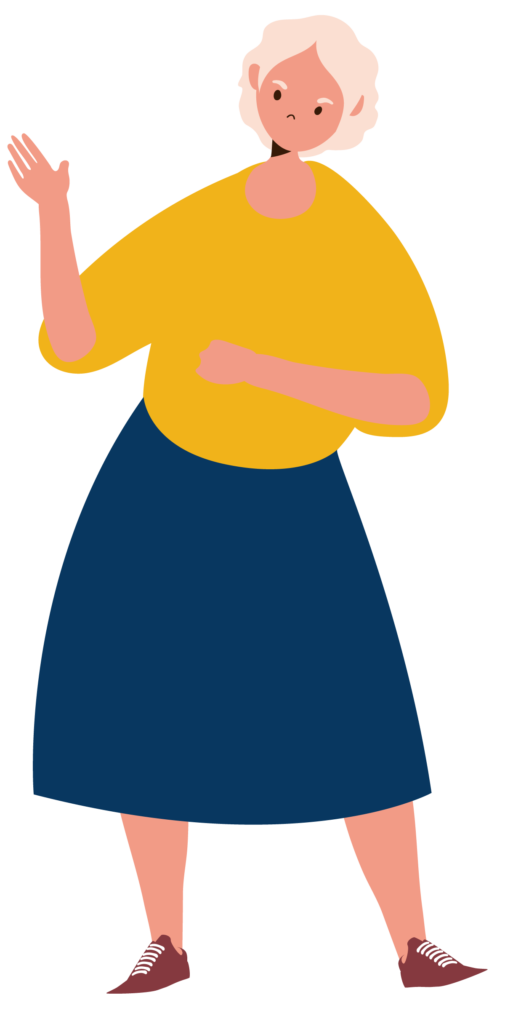Mental Health
Older Adults and Mental Health
What is Mental Health
- There is no health without mental health. Mental health is as important as physical health. Good mental health is a prerequisite for having high quality of life.
- Older people with good mental health can have greater autonomy, self-acceptance, purpose in life, ability to deal with everyday needs, room for personal growth, and have better interpersonal relationships.
- Mental health problems such as anxiety and depression are more common among older adults. It is estimated that about one in eight older adults suffers from common mental disorders such as depression or anxiety.
Sources of Mental Stress for Older Adults
Old age is another stage of life. There are many different changes older people experienced at this stage, and it may be accompanied by a variety of different types of stress.
Physiological transformation
Appearance | Grey hair, wrinkles, sagging skin, “old age spots”, hunchback, etc. |
Physical function | Development of chronic diseases, vision loss (e.g. presbyopia), hearing loss, incontinence, sexual dysfunction; Shortness of breath when walking, muscle and joint aches, high risk of falls, etc. |
Sleep pattern | Light sleep, easy to wake up, insomnia, etc. |
Cognitive function | Memory decline, difficulty in absorbing new knowledge than before, etc. |
Life and social psychology changes
Work and society | Loss of income, job satisfaction, affirmation of occupational competence, peer relationships, and social status, as consequences of retirement. |
Family | Husband and wife fail to coordinate and adapt to the increased amount of time spent together leading to friction and conflicts; separation from their children; and disagreements with their daughter- or son-in-law. |
Interpersonal relationships | Changes in identity and social circles, spouses and old friends have passed away one after another. |


Seek help in time: If you have experienced the above conditions and emotions and have been unable to channel your feelings for some time, please seek assistance from medical staff or social workers, and share your feelings with someone you trust as soon as possible.
